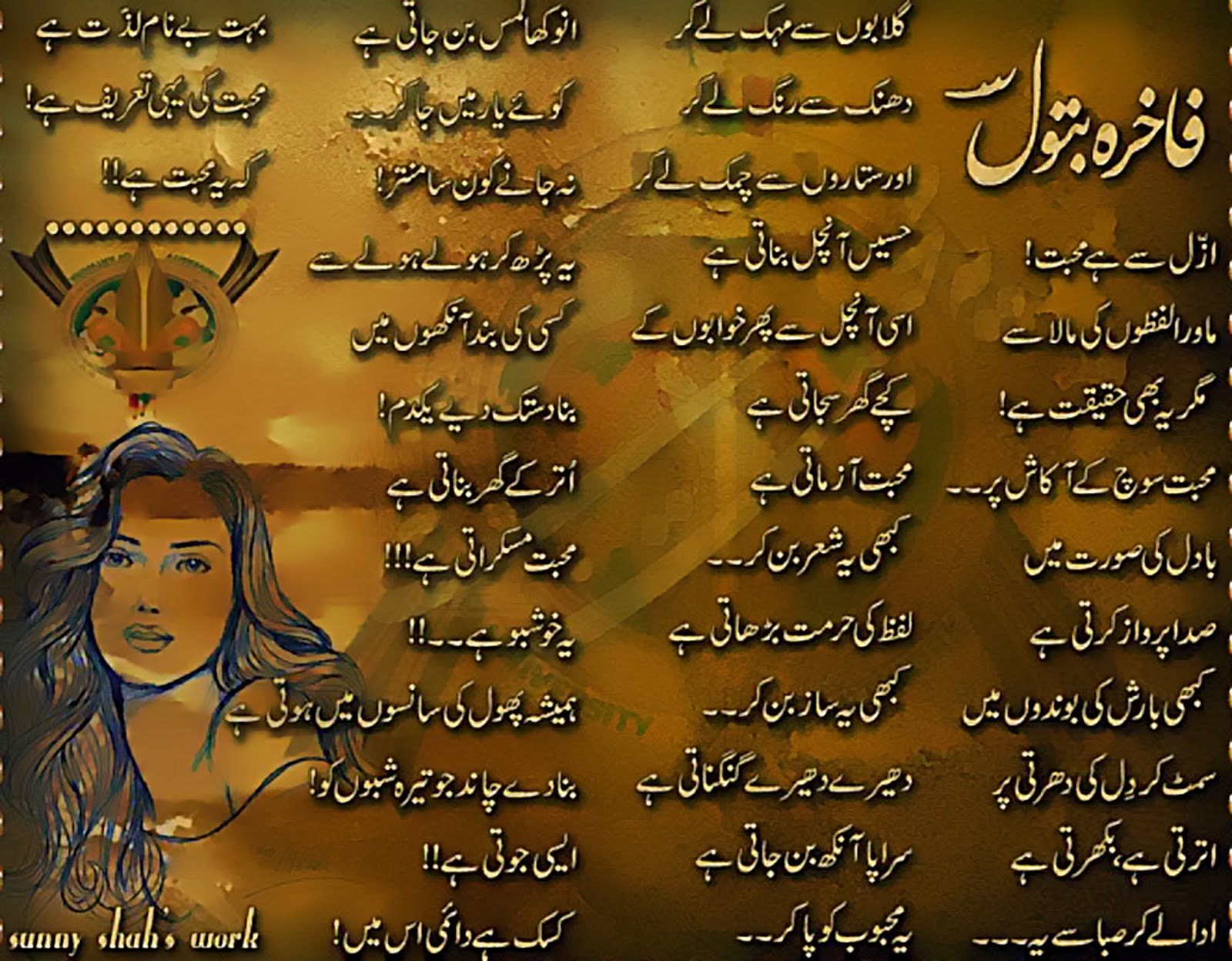
However, there are some people who have "Shah" as their name.

'shaah' is btw a special kind of "king" and there have been historically no female "shahs" to the best of my knowledge, so it is not necessary to forcibly coin one. But if you really, really need such pair when both husband and wife have almost similar names in Urdu I advise you to go for " ghar waalaa- ghar waalii".

About the topic of this thread, in English you have identical word (more than alliteration) for both husband and wife but you can't know which is which. Anyhow, for Urdu there are at least these two words which are similar but in English there is only one pair which is also not SO similar: emeror-empress. I think you are writing some piece of poetry that you need alliteration. You would agree that both pairs maalik-maalikah and sultaan-sultaanah are quite similar (as you said, with "alliteration"). second part, I also have no qualms about choosing from the vast Urdu lexicon and saying malikah or mahaaraanii. I too remember that filmĬlick to expand.No, there is definitely no masculine derivative from " ahliyah" in the sense of "female spouse". But the word does get used by less educated people.

I certainly haven’t heard this from fellow speakers. Panjabigator, I think in Urdu joru is not used. Well, they were mostly farmers until recently!! Hij is mijn man = He is my man i.e.husband OR Zij is mijn vrouw = She is my woman i.e. That why I find it so odd when I hear the following Dutch sentences: The use of marad = mard = man = husband, is only by the uneducated. In Urdu begum is used as I show above, and means Mrs. Lcfatima (and Cilquiestsuens), you are correct that begum is the feminine of baig / beg and khaanam is the feminine of khaan = khan. Saahab Saahiba, Bibi, Begum, Begum SaahibaĪagha = Agha Khaanam (really only for Farsi speakers) Actually, the use of khaavand is more common amongst the Farsi speakers of Indo-Pak.īTW, you are right to say that “Khaatoon is more woman than wife”, as I explain above Here both words have an especially reverential usage, and mean respectively, Lady Fatimah and The Lady of Paradise.Ĭilquiestsuens, in middle and high register Urdu shauhar is much more common than khaavand, both words are of Farsi origin. So in Urdu poetry and prose, the daughter of our prophet is always referred to as Bibi Fatimah and one of her titles is Khaatoon-e-Jannat. So you may hear: khawaateen ki yeh yeh khusoosiyaat heiN = these are the characteristics of women = aurtooN ki yeh yeh khusoosiyaat heiNīoth, bibi and khaatoon, are also specifically used in Urdu for revered / religious female figures. Apart from this, khawaateen is also used by itself to mean “women in general”, in polite form, rather than aurteiN. The latter is often paired with hazraat (plural of hazrat), as khawaateen o hazraat = ladies and gentlemen. Interestingly, khaatoon is less used than its plural khawaateen. In fact, in the above context I’ve heard bibi a lot more than biwi! Woh aurat oski bibi / biwi hai (informal – impolite) Woh saahibah onki bibi / biwi hain (formal – very polite) But you can very often hear people use bibi and biwi interchangeably, sometimes even in the same sentence. The word bibi is used as a mark of respect so used to refer to one’s wife rather than the more literal biwi. The reason for using khaatoon in this way is perhaps entirely due to the usage of bibi itself, as below: This word is used quite normally instead of bibi to mean lady, e,g, woh ik bahut paakeezah khaatoon theeN = She was a very chaste woman / lady (funnily in English “chaste woman” would be enough, rather than using “lady” here which might seem something of an overkill to the English). Illuninatus, Khaatoon = Bibi = Lady, but we do not use khaatoon to mean wife in Urdu so it won’t be used as the feminine equivalent of khaavand. Sorry if your names get jumbled around but will try to mention them where I can.

Hope you don’t mind if I reply to you all more or less together as many of your contributions are interconnected. Due to work pressure was not able to take part in this earlier. Doostaan-e-‘azeez Iluminatus, Cilquiestsuens, lcfatima, panjabigator,


 0 kommentar(er)
0 kommentar(er)
